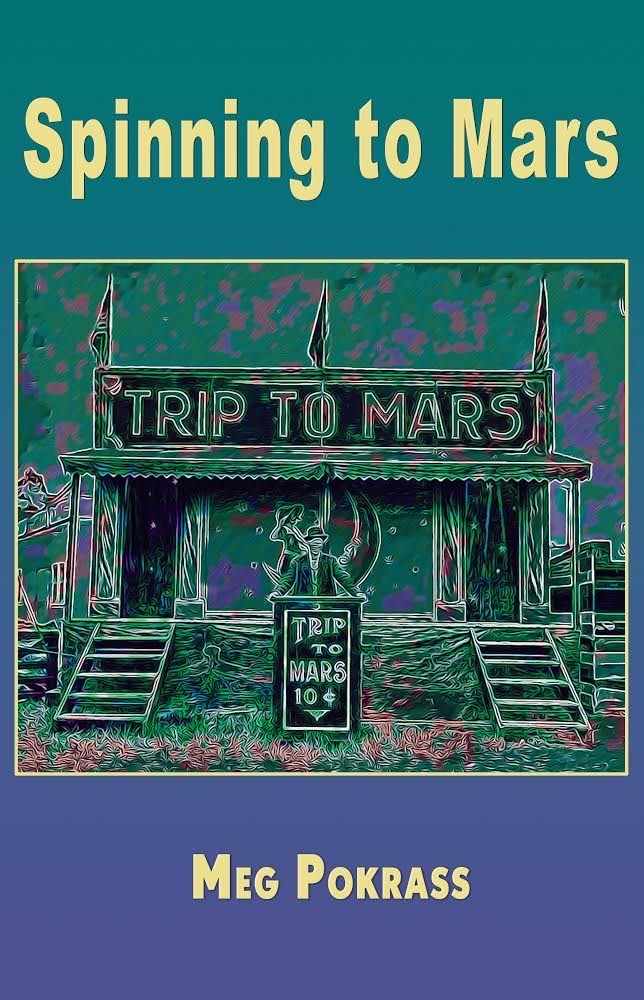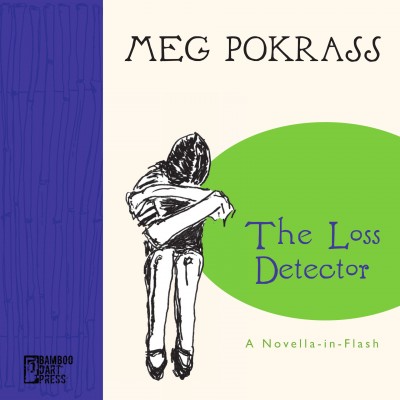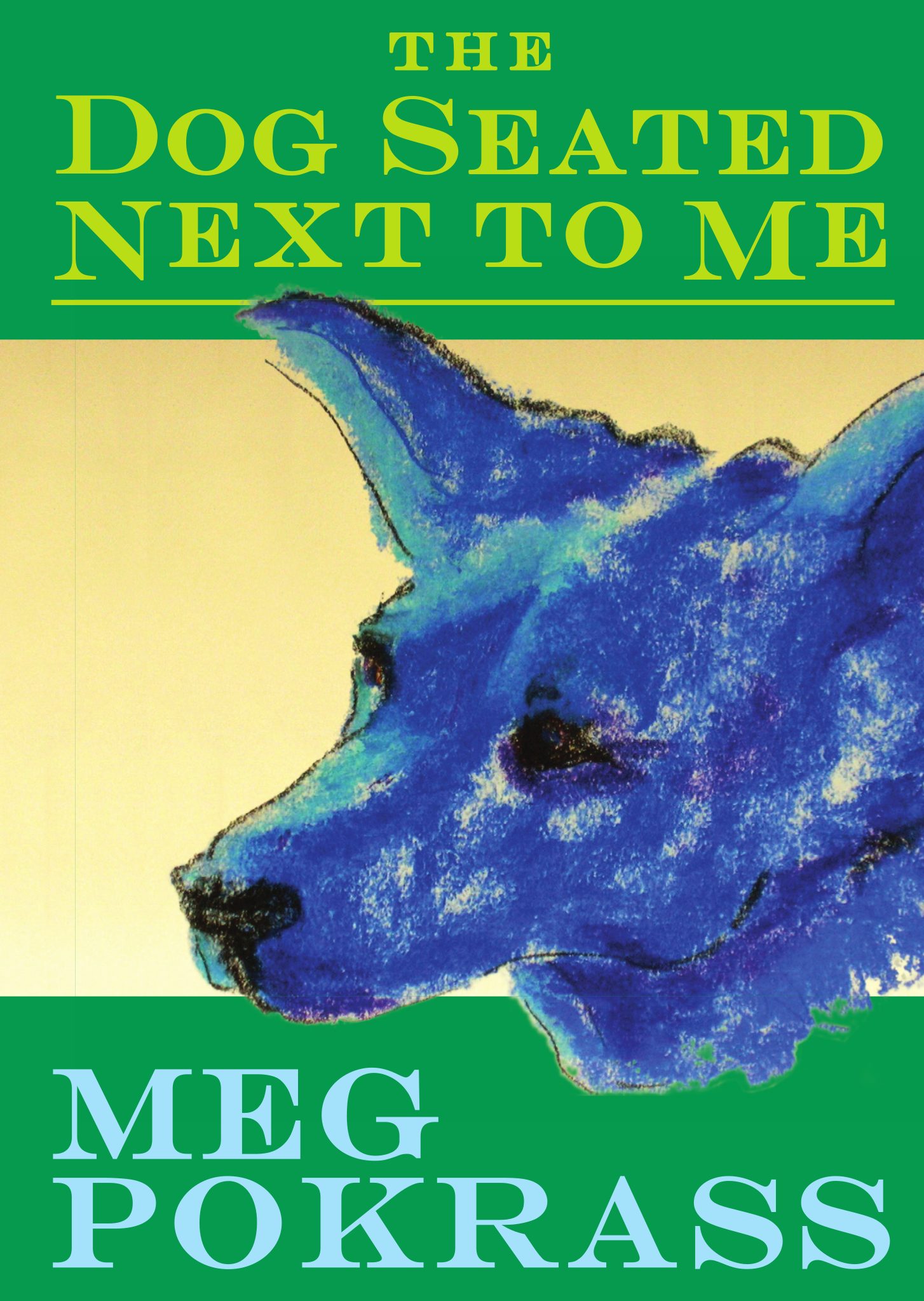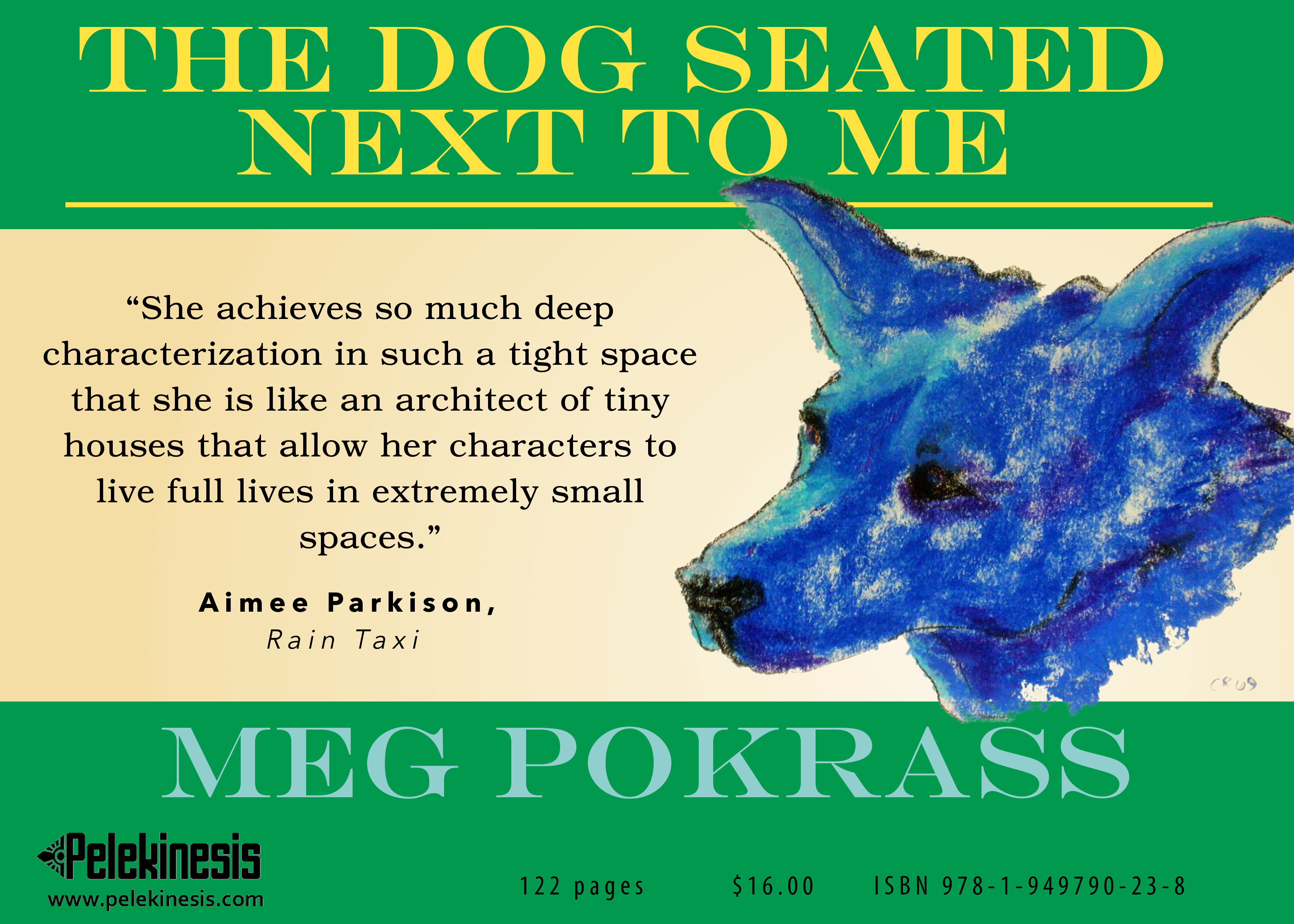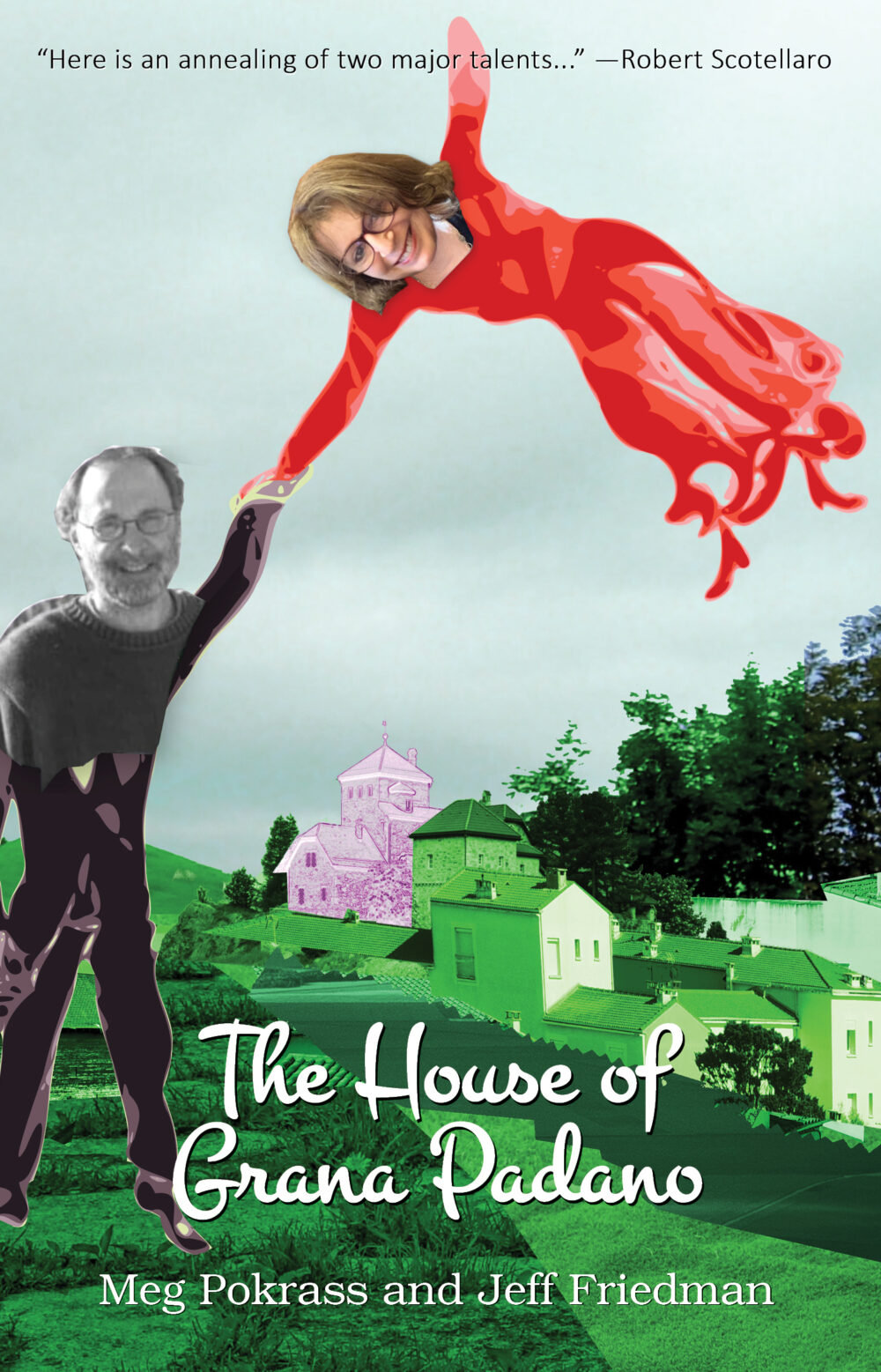
The House of Gran Padano
House of Grana Padano
In The House of Grana Padano, co-written by Meg Pokrass and Jeff Friedman, each shimmering micro story hovers between standup comedy and the unfolding of tragedy, between the mask and the mirror: A salesman tries on a suit and gets lost inside it; an ex-wife moves into a house made of Grana Padano cheese while her former husband nibbles the corners; and a father folds his daughter so tightly into his chest that her childhood disappears. Two modern masters of the fabulist micro, Pokrass and Friedman stretch language like magicians who are deep into their most amazing acts, creating elusive personas who can mime love, hate, anger or sorrow. The characters in these stories are searching for a moment to grasp, a future in all the dissolution around them, a family to love or curse. This improvisational collaboration between two critically acclaimed authors takes microfiction into a playful surreal universe that is wildly humorous and deeply truthful.
Praise for the book
“Here in House of Grana Padano are deft and absorbing micro-tales, surreal, yet sparked with characters achingly universal in their quest for attainment…Here is an annealing of two major talents, and this is their illuminated manuscript of fabulistic tales with gold and lapis lazuli on every page, and yes, too, the grit and poetry of life.”
– Robert Scottellaro, author of What Are The Chances? & Bad Motel
“Jeff Friedman’s wild and engaging images, the stuff of elegant and fabulist prose poetry, and Meg’s Pokrass’s dazzling and unique use of disjunction in line after line, story after story, merge here as these two virtuoso writers just do what they normally do. But here they do it together.”
– Pamela Painter, author of Fabrications
“Jeff Friedman and Meg Pokrass prove that collaborations, in the hands of masters of short prose, can be revelatory. Like two seasoned jazz musicians, their imaginations play off each other, so that their tales–the astonishing and often quirky worlds and characters they create–avoid the randomness found in so many failed surrealistic prose poems and microfictions. You never know what’s coming next, but, somehow, it all makes sense.”
– Peter Johnson, author of Old Man Howling at the Moon


